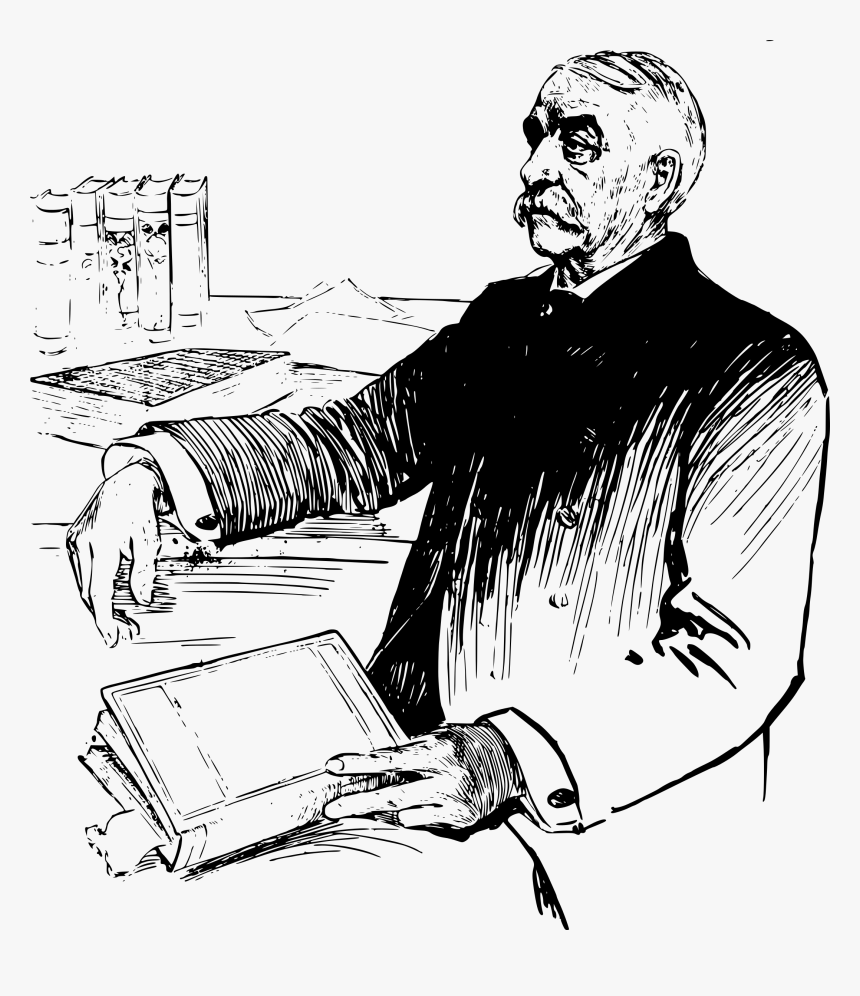One of my favourite books on philosophy is On The Shortness Of Life (here) – written by a younger Seneca, almost 2,000 years ago. It teaches stoicism that helps you cope with the shortness of your life, particularly if you feel that you are not accomplishing what you wanted to, or if you feel that you’re wasting your time.
It is a powerful piece of literature that endures through the ages and rings particularly true for me.
It is not that we have a short time to live, but that we waste a lot of it.
Seneca
I believe it is required reading for anyone who wants to live their life to the fullest potential, and it is a manifesto on how to get back in control of your life and get the most out of it.
Seneca was one of the three most important Stoic philosophers, along with Marcus Aurelius and Epictetus. He is also infamous for serving as an advisor to Nero, one of the most cruel emperors. He is probably best known for this essay but also for the Moral Letters to Lucilius, which is also highly recommend.
Not Unique To Our Age
Despite our steadily rising human life expectancy, the concerns we face about our own mortality were those faced by our ancestors – they are definitely not unique to our age. In fact, they go as far back as the record of human endeavour. It is unsurprising, then, that the best treatment of the subject is also among the oldest.
It is not that we have a short time to live, but that we waste a lot of it. Life is long enough, and a sufficiently generous amount has been given to us for the highest achievements if it were all well invested. But when it is wasted in heedless luxury and spent on no good activity, we are forced at last by death’s final constraint to realize that it has passed away before we knew it was passing. So it is: we are not given a short life but we make it short, and we are not ill-supplied but wasteful of it… Life is long if you know how to use it.
Seneca

We hear it all the time: “time is money,” Seneca believes that we fail to treat time as a valuable resource, even though it is arguably our most precious one:
People are frugal in guarding their personal property; but as soon as it comes to squandering time they are most wasteful of the one thing in which it is right to be stingy.
Seneca
To those who don’t make good use of their time, he offers a clear declaration:
You are living as if destined to live for ever; your own frailty never occurs to you; you don’t notice how much time has already passed, but squander it as though you had a full and overflowing supply — though all the while that very day which you are devoting to somebody or something may be your last. You act like mortals in all that you fear, and like immortals in all that you desire… How late it is to begin really to live just when life must end! How stupid to forget our mortality, and put off sensible plans to our fiftieth and sixtieth years, aiming to begin life from a point at which few have arrived!
Seneca
In our persistent compulsion to ensure that the next moment contains what this one lacks (see shiny object syndrome), Seneca suggests, we manage to become “accomplished fugitives from ourselves.” He writes:
Everyone hustles his life along, and is troubled by a longing for the future and weariness of the present. But the man who … organizes every day as though it were his last, neither longs for nor fears the next day… Nothing can be taken from this life, and you can only add to it as if giving to a man who is already full and satisfied food which he does not want but can hold. So you must not think a man has lived long because he has white hair and wrinkles: he has not lived long, just existed long. For suppose you should think that a man had had a long voyage who had been caught in a raging storm as he left harbor, and carried hither and thither and driven round and round in a circle by the rage of opposing winds? He did not have a long voyage, just a long tossing about.
Seneca
Lessons From The Shortness of Life
- Life is long if you know how to use it.
- A sufficiently generous amount has been given to us for the highest achievements if it were all well invested.
- No activity can be successfully pursued by an individual who is preoccupied.
- The whole future lies in uncertainty: live immediately.
- Life is divided into three periods, past, present and future. Of these, the present is short, the future is doubtful, the past is certain.
- Everyone hustles his life along, and is troubled by a longing for the future and weariness of the present. But the man who spends all his time on his own needs, who organizes every day as though it were his last, neither longs for nor fears the next day.
- Putting things off is the biggest waste of life: it snatches away each day as it comes, and denies us the present by promising the future.
- Nothing delights the mind so much as fond and loyal friendship.
- You must especially avoid those who are gloomy and always lamenting, and who grasp at every pretext for complaint. Though a man’s loyalty and kindness may not be in doubt, a companion who is agitated and groaning about everything is an enemy to peace of mind.
- In any situation in life you will find delights and relaxations and pleasures if you are prepared to make light of your troubles and not let them distress you.
- So you have to get used to your circumstances, complain about them as little as possible, and grasp whatever advantage they have to offer: no condition is so bitter that a stable mind cannot find some consolation in it.
Conclusion
The lessons from On the Shortness of Life urge us to take stock of how we have lived so far, and to count the time that has been truly lived, as opposed to filled with unworthy busyness and distractions.
Through being more intentional with our time, efforts and money we can create a life that we’re proud to look back on when we’re old.
Let me leave you with this:
The part of life we really live is small. For all the rest of existence is not life, but merely time.
Seneca
